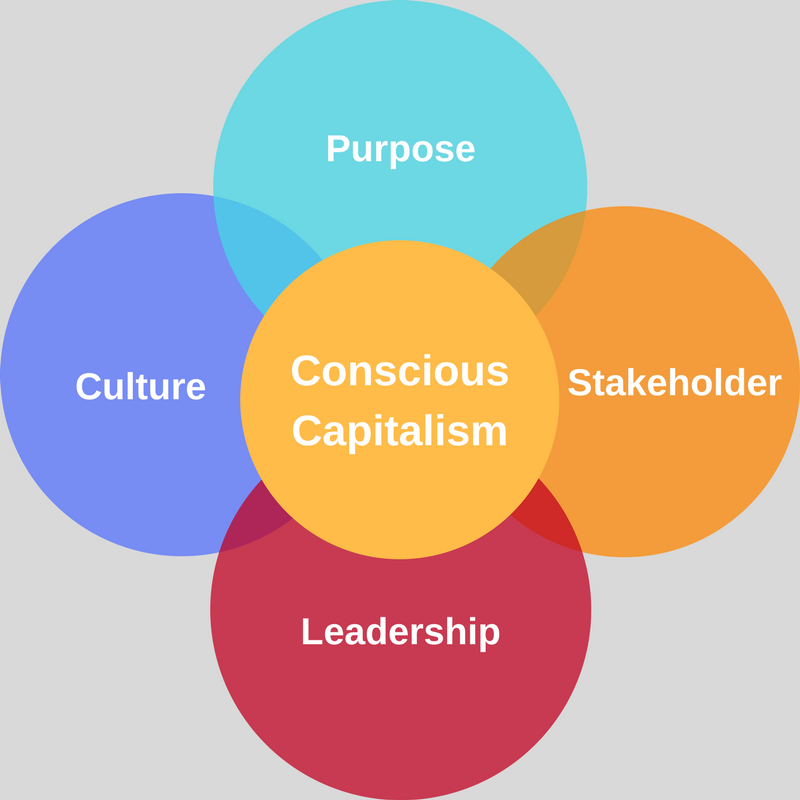
What is stakeholder capitalism? A definition offered online reads: “Stakeholder capitalism is a system in which corporations are oriented to serve the interests of all their stakeholders. Among the key stakeholders are customers, suppliers, employees, shareholders and local communities.”
Stakeholder capitalism would represent a shift away from shareholder capitalism toward incorporating all involved into the picture, including shareholders. This is very similar to the B-Corporation agreement, to be a benefit to the world.
The B-Corporation status involves an organization’s legal agreement (B Lab) with a corporation that has qualified. Within a B-Corporation, stakeholder capitalism has gone beyond concept into reality. A B-Corporation will be an example of environmental awareness, diverse hiring practices, employee wellbeing, dedication to customers or clients, community involvement, and owner, shareholder or investor profit.
In an article at nasdaq.com on the Davos discussions, an encouraging story was told: stakeholder capitalism is not a new idea, but rather an old idea returning. According to one speaker, the idea of stakeholder capitalism first arose in 1759 from Adam Smith, the author of “The Wealth of Nations,” where Smith argued that the responsibility of the business person was to give to the community and enrich everyone.
Discussions on stakeholder capitalism at Davos covered a lot of ground, including income inequality, homelessness, globalization and losing the trust of the people due to mistakes made.
We are very pleased to see these discussions on corporate responsibility for all stakeholders. If the B-Corporation intention is spreading, it is because the time is right and the people – including the CEOs, investors and shareholders, are ready to set the bar higher. Everyone wants a clean and healthy natural environment, safe and enjoyable work and healthy, thriving communities.
Click here to read more about AMS’ commitment as a B-Corporation.




